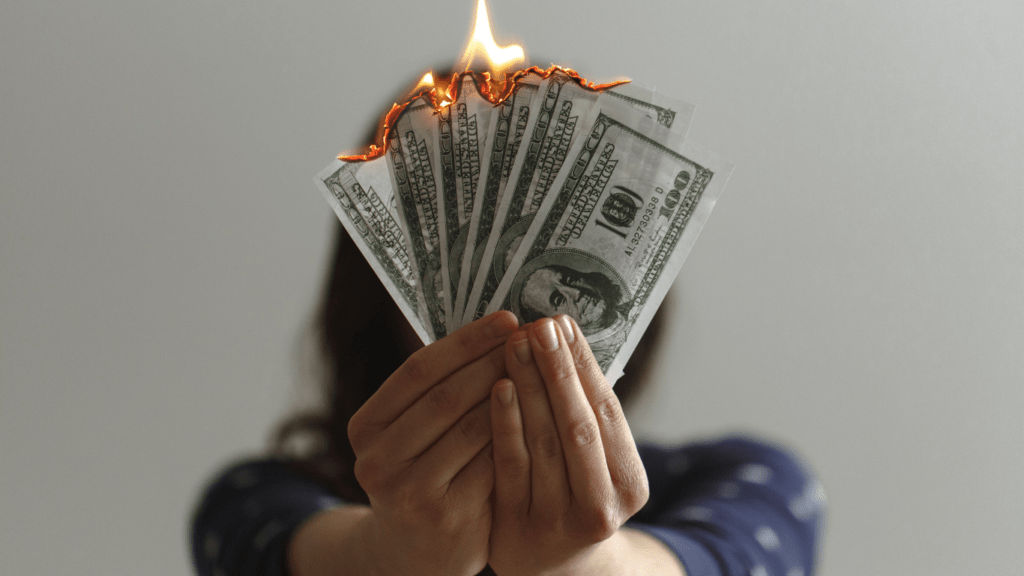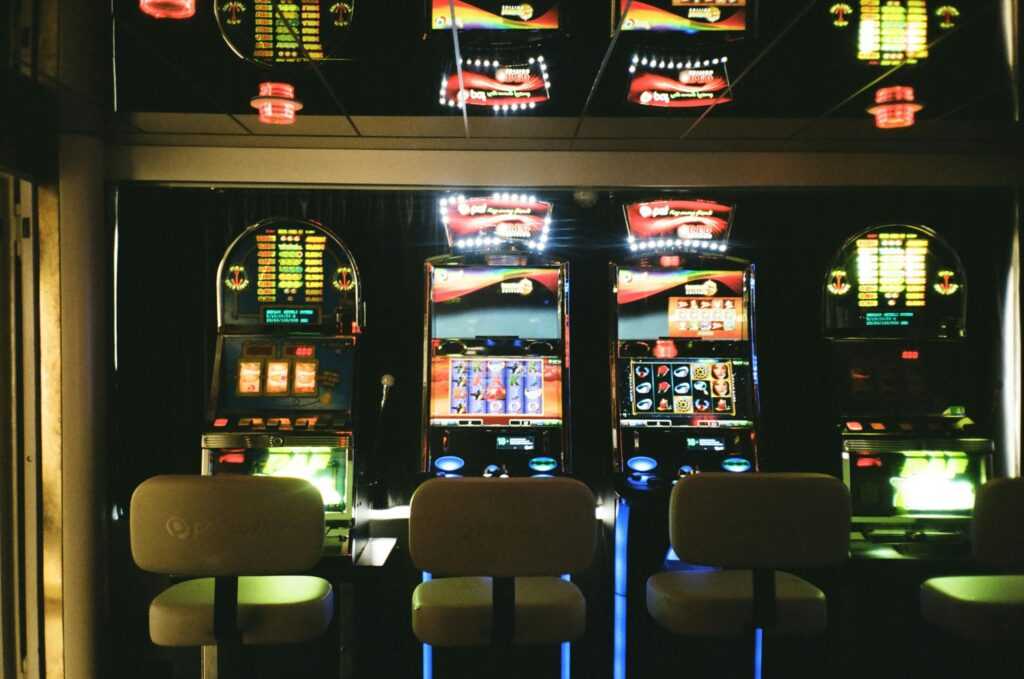Understanding Problem Gambling
Definition and Overview
Problem gambling, also known as compulsive gambling or gambling disorder, is characterized by an inability to resist the impulse to gamble despite harmful consequences.
The American Psychiatric Association recognizes it as a mental health disorder, marked by continuous or periodic loss of control over gambling, preoccupation with gambling activities, and using gambling as an escape from problems.
This behavior often leads to a variety of significant social such as:
- Financial
- Emotional impacts
- Affecting both the gambler
And those around them.
Difference Between Casual Gambling and Problem Gambling
It’s essential to distinguish between casual gambling and problem gambling. Casual gambling involves engaging in gambling activities for:
- Leisure
- Entertainment
- Social interaction
Participants set limits on the amount of money and time they spend and can walk away from gambling sessions without feeling compelled to continue.
Problem gambling, on the other hand, manifests through several warning signs:
- Preoccupation: Constantly thinking about gambling, planning the next venture.
- Tolerance: Needing to gamble with increasing amounts of money to achieve the same thrill.
- Chasing Losses: Repeatedly trying to recoup lost money, often resulting in further losses.
- False Beliefs: Believing that certain rituals or behaviors can influence the gambling outcome.
- Lying: Concealing the extent of gambling activity from friends and family.
- Financial Issues: Accumulating debt or selling possessions to fund gambling habits.
Recognizing these differences can help individuals assess their gambling habits and seek help if necessary.
Recognizing the Signs of Problem Gambling

1. Behavioral Signs
Problem gamblers often exhibit noticeable changes in behavior. They may frequently think about gambling, planning their next activity or recounting past ventures.
They might become secretive or lie about their gambling activities. Increased time spent gambling and neglecting personal or professional responsibilities are additional markers.
Stealing or borrowing money for gambling is another clear behavioral sign.
2. Financial Signs
Problem gambling leads to significant financial impacts. Individuals may deplete savings, accumulate debt, or sell possessions to finance their habit.
Unpaid bills, maxed-out credit cards, and frequent borrowing from friends or family also indicate financial distress. A sudden need for loans or cash advances is another red flag.
3. Emotional and Psychological Signs
Emotional and psychological signs of problem gambling include anxiety, depression, and irritability.
Problem gamblers may exhibit mood swings and become defensive or hostile when confronted about their behavior. They often feel guilt or remorse after gambling but continue the activity to escape these feelings.
Withdrawal from social activities and relationships can also indicate an emotional toll.
Steps to Address Problem Gambling
Self-Help Measures for Gamblers
Recognizing problem gambling is the first step in addressing it. Start by setting a budget and sticking to it. This could mean limiting how much money is spent gambling to an amount one can afford to lose.
Track gambling activities by keeping a diary of expenditures and time spent gambling. This helps see patterns and identify triggers.
Engage in alternative activities to replace gambling. Hobbies like sports, reading, or spending time with family can divert attention.
Find social support from friends or support groups who understand the struggles involved with gambling.
Practicing mindfulness techniques or meditation can help manage urges and reduce stress associated with gambling behavior.
When to Seek Professional Help
If self-help measures are not enough, professional help becomes essential.
Signs that professional intervention is needed include the inability to cut back despite efforts, experiencing severe financial issues, and deterioration in personal relationships due to gambling.
Contact a therapist specializing in addiction to develop a tailored treatment plan.
Counseling options include cognitive-behavioral therapy (CBT) to change unhealthy gambling behaviors and thoughts. Support groups like Gamblers Anonymous offer peer support and tools for recovery.
Medication might be prescribed if there are underlying issues like depression or anxiety.
Contact national helplines and local resources for immediate help and guidance on treatment options.
Resources for Problem Gambling Assistance
Counseling Services
Licensed therapists offer specialized counseling for problem gambling. Cognitive Behavioral Therapy (CBT) and Motivational Interviewing (MI) are effective techniques for gambling disorders.
I can find qualified therapists through local directories or online platforms like Psychology Today. Many counselors provide teletherapy, accommodating those unable to attend in person.
Professionals assess individual situations, develop personalized treatment plans, and help build coping strategies to manage urges and behaviors.
Support Groups and Programs
Support groups provide a community for those affected by gambling issues. Organizations like Gamblers Anonymous (GA) hold regular meetings, both in-person and online.
Participants share experiences, offer mutual support, and follow the 12-step program tailored for gambling recovery. I can find GA meeting schedules on their official website.
Other programs, like SMART Recovery, offer science-based techniques focusing on self-empowerment and recovery.
These programs often complement professional therapy, creating a comprehensive support network.


 Alpha Ricketts - Senior Analyst Alpha Ricketts serves as Senior Analyst at Jackpot Journey Spot, bringing valuable insights into market trends and game strategies. With a background in data analysis and a passion for understanding the nuances of gaming behavior, Alpha helps shape the site’s focus on responsible gaming by providing data-driven insights that keep readers ahead of the curve.
Alpha Ricketts - Senior Analyst Alpha Ricketts serves as Senior Analyst at Jackpot Journey Spot, bringing valuable insights into market trends and game strategies. With a background in data analysis and a passion for understanding the nuances of gaming behavior, Alpha helps shape the site’s focus on responsible gaming by providing data-driven insights that keep readers ahead of the curve.
